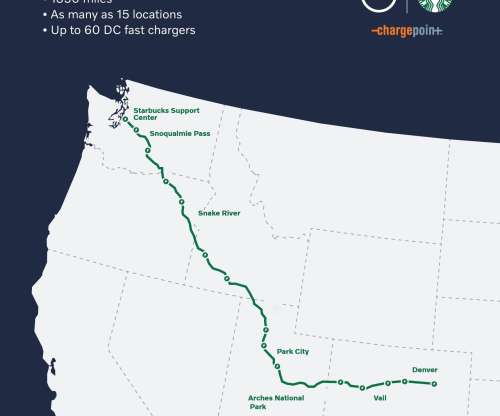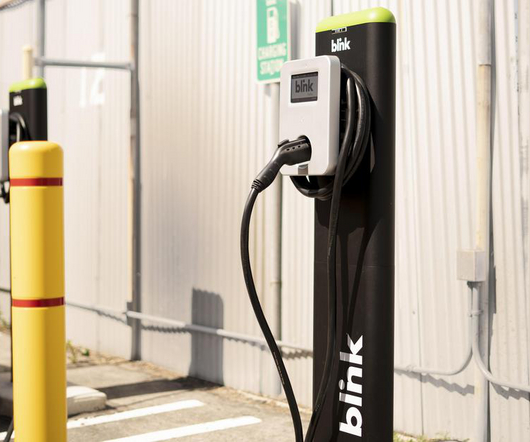Volvo Cars, Starbucks begin installing ChargePoint EV fast chargers at stores between Denver and Seattle
Green Car Congress
AUGUST 10, 2022
have been installed and are scheduled to become active later this month. It will mark the start of a pilot plan announced last March to electrify a major thoroughfare that opens electric vehicle travel between four critical markets including Seattle, Boise, Salt Lake City and Denver. Twin Falls, ID. Uintah, ID. Grand Junction, CO.













Let's personalize your content